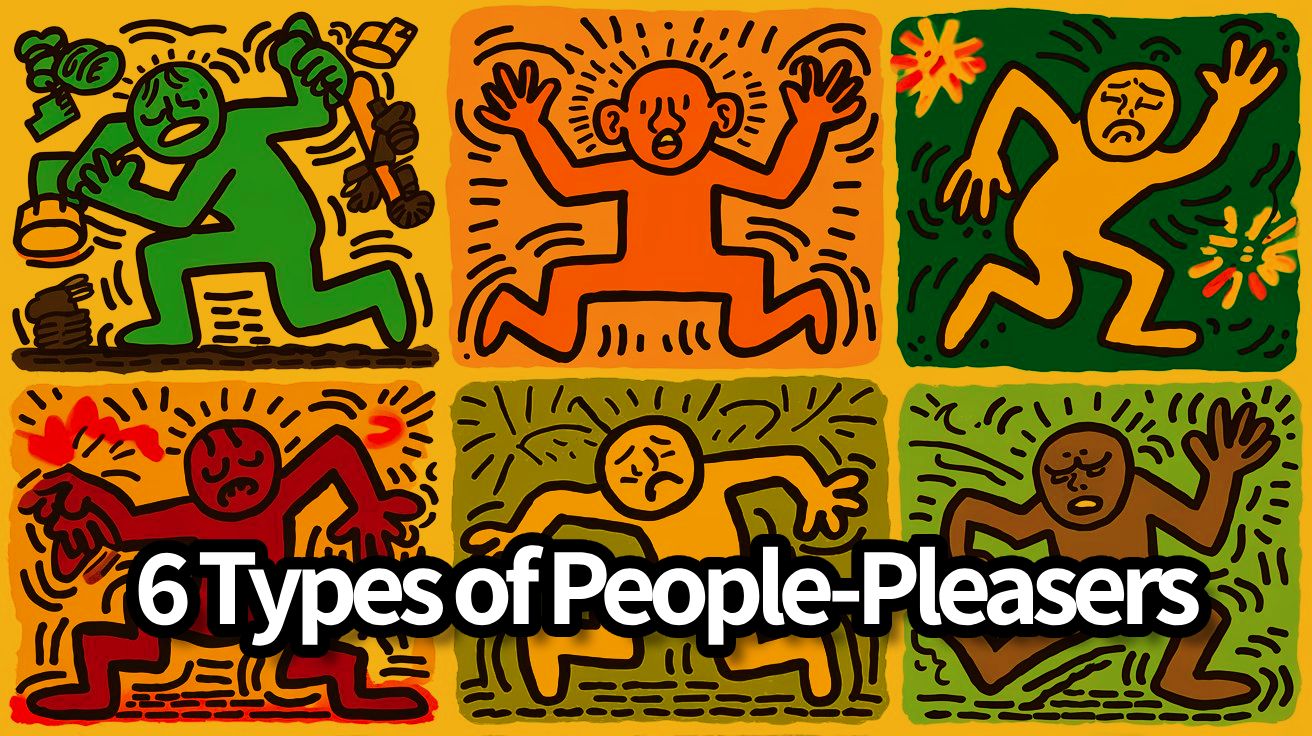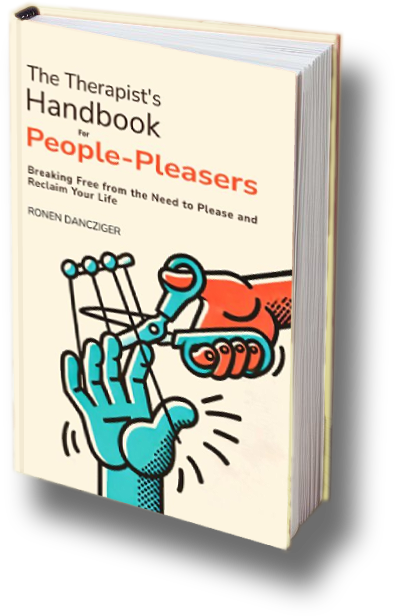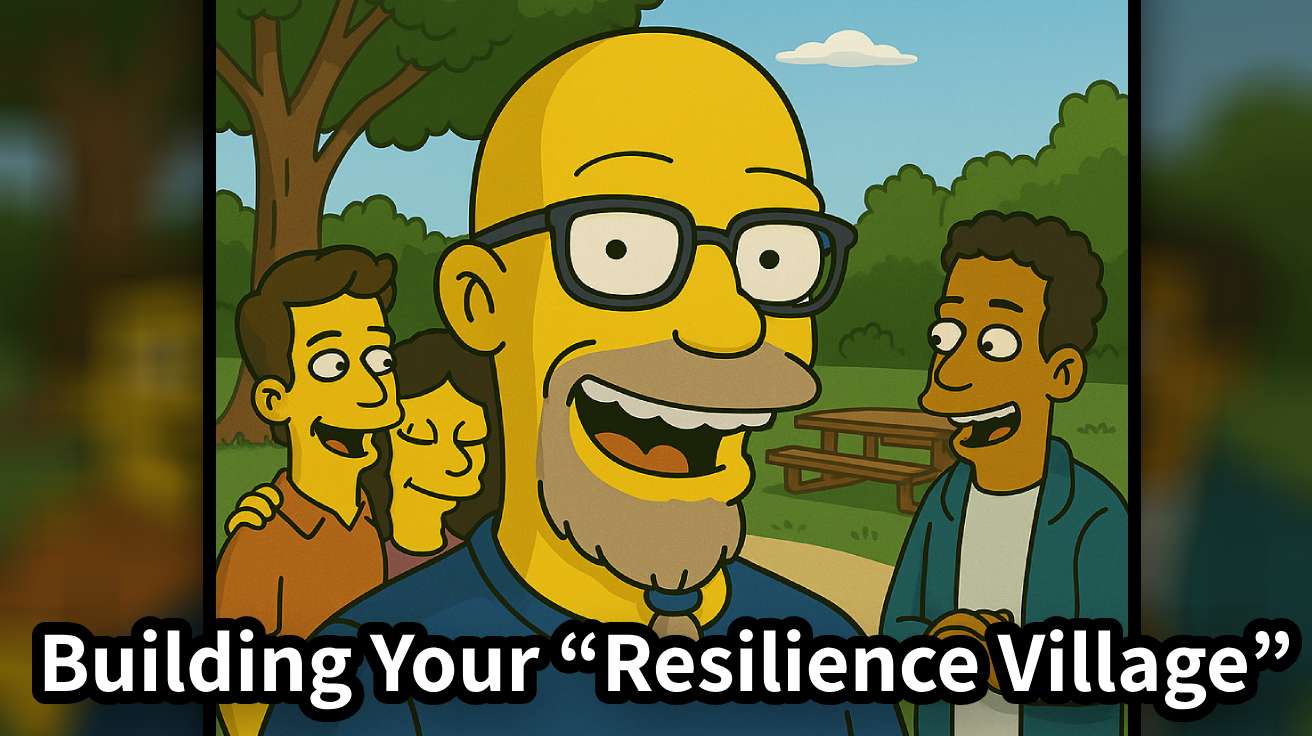The 6 Types of People-Pleasers (Are You One?)
People-pleasing isn’t one-size-fits-all. It twists and turns. If you’ve ever wondered if you’re a people-pleaser, or want to explore more, check out this post first: “How Can I Know If I’m a People Pleaser?”.
Let’s dive into the different flavors. You might see yourself in more than one.
1. The Rescuer: Compulsive Fixing
Worth comes from fixing others. Immediate crises fuel them. They neglect themselves, thinking only they can help. It’s about needing to be needed. Learn to set boundaries.
Example: Sarah lends money to Mark, ignoring her own finances, because he “needs” her.
2. The Approval Seeker: Constant Validation
Lives for praise. Changes to fit in. Self-worth depends on others. Learn to self-validate.
Example: David mimics colleagues’ hobbies, crushed by criticism.
3. The Conflict Avoider: Peace at Any Cost
Hates disagreement. Suppresses needs to keep peace. Fears confrontation. Assert your needs.
Example: Emily agrees to a hike she hates to avoid an argument.
4. The “Nice” Person/Perfectionist: Flawless Facade
Strives for perfection. Fears weakness. Believes flaws lead to rejection. Embrace imperfection.
Example: Jessica works late, fearing she’ll seem lazy if she leaves on time.
5. The Savior: Emotional Dependency
Loves rescue drama. Seeks those in crisis. Needs to be the “savior.” Masks own needs. Address your needs.
Example: Michael “saves” Lisa from her breakup, then tries to keep her dependent.
6. The Victim: Helplessness as Weapon
Plays helpless for attention. Manipulates rescue. Learn self-reliance.
Example: John complains about work, hoping for help he could manage himself.
Which One Are You?
You might see yourself in a few. That’s normal. It’s about understanding why.
Connecting the Dots
Low self-worth, fear of rejection, need to be needed. These patterns wreck relationships. They can change.
Your Next Step
Self-awareness is first.
In The Therapist’s Handbook for People-Pleasers, I share powerful strategies to help you break free from these people-pleasing habits for good.
If struggling, seek professional help.
Stop living for others. Start living for yourself. Change is always possible.








